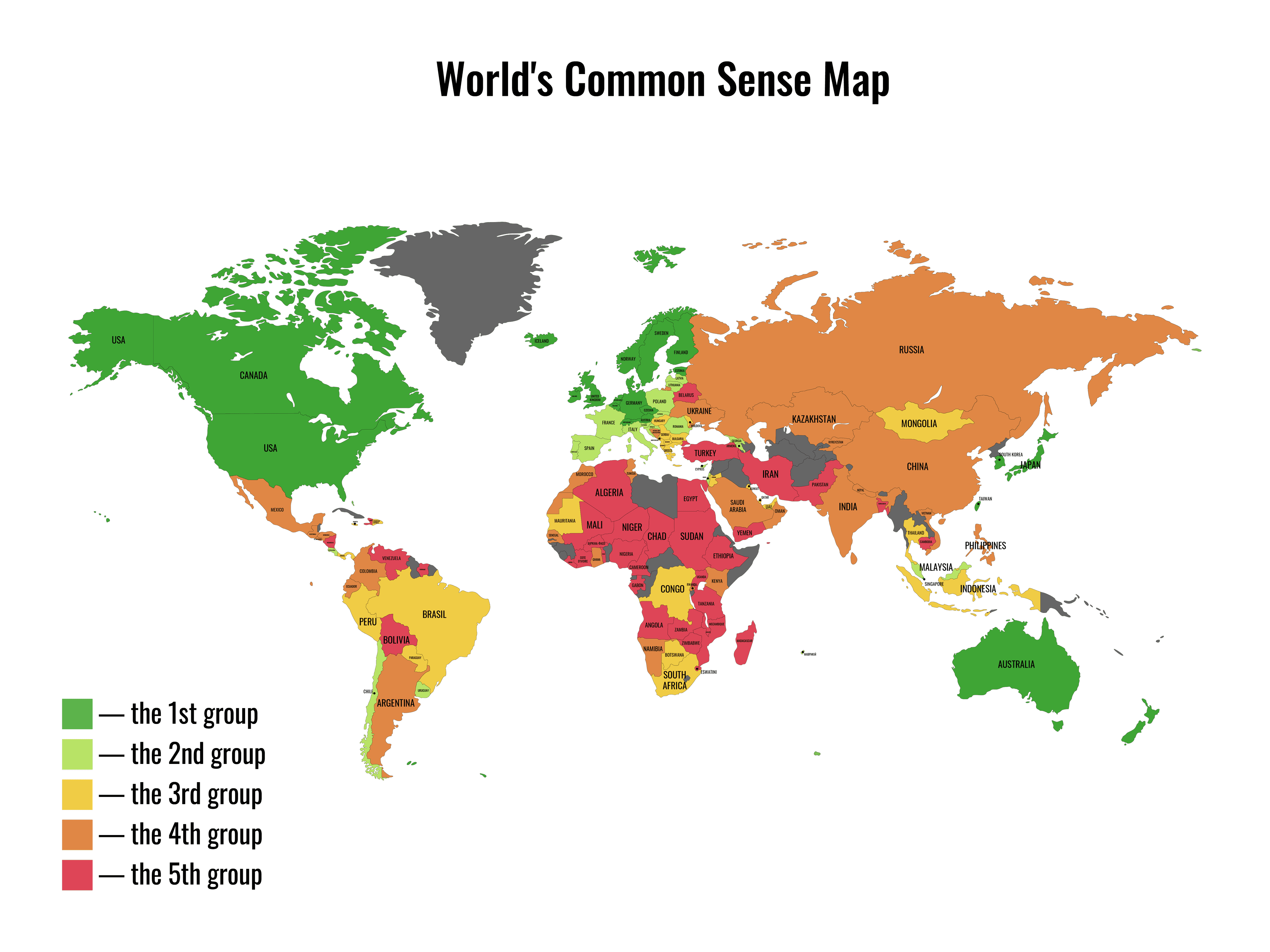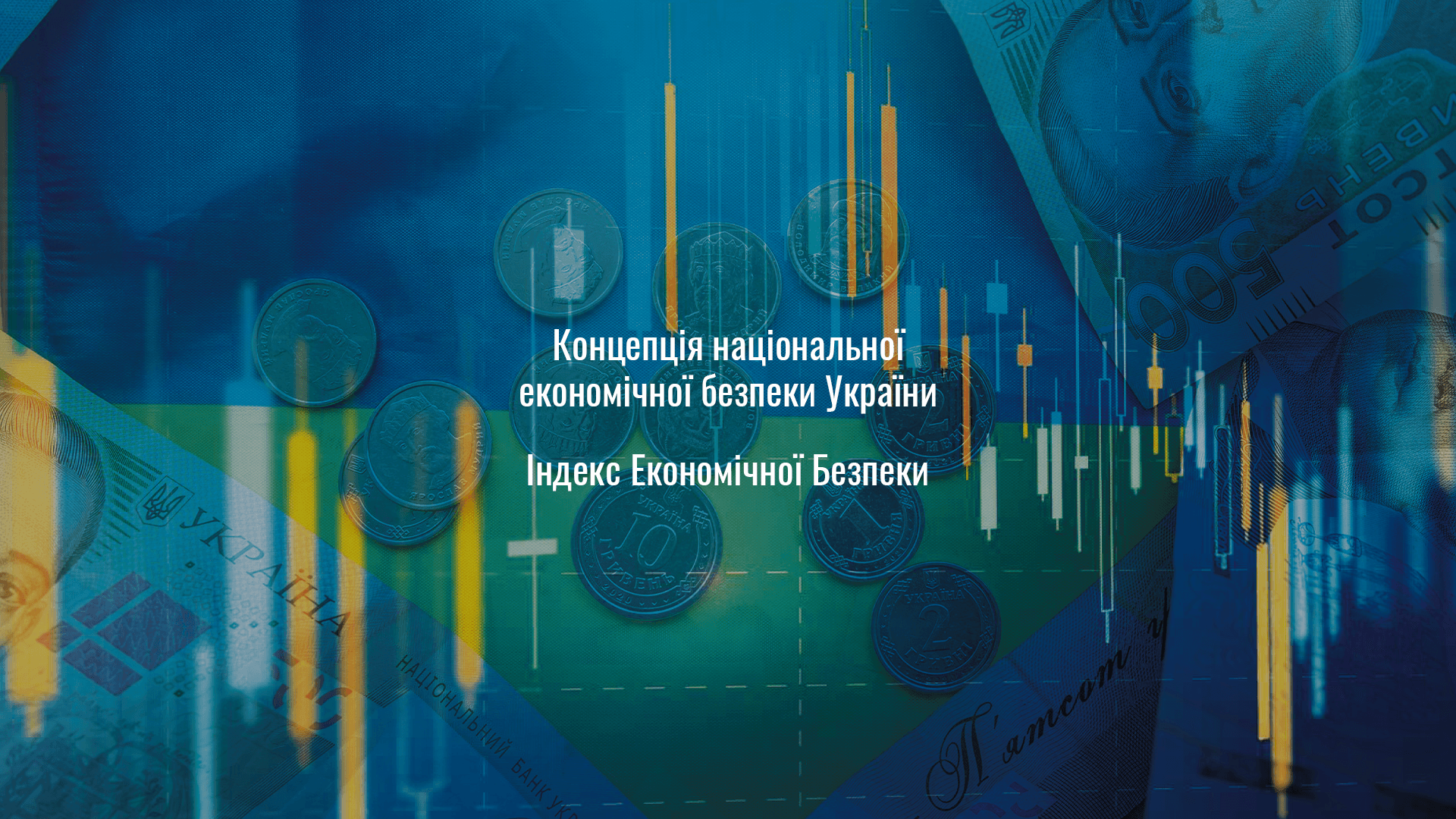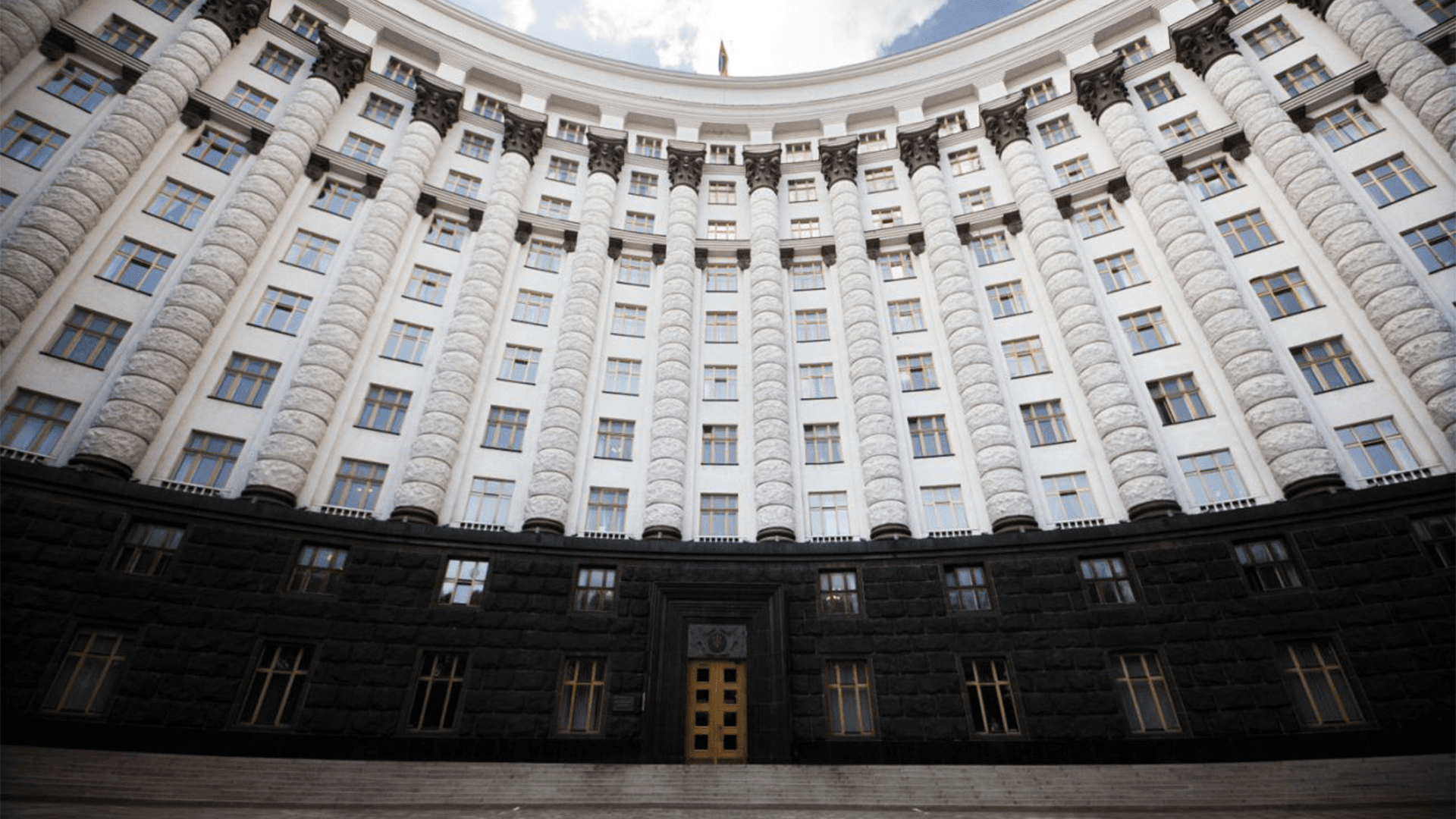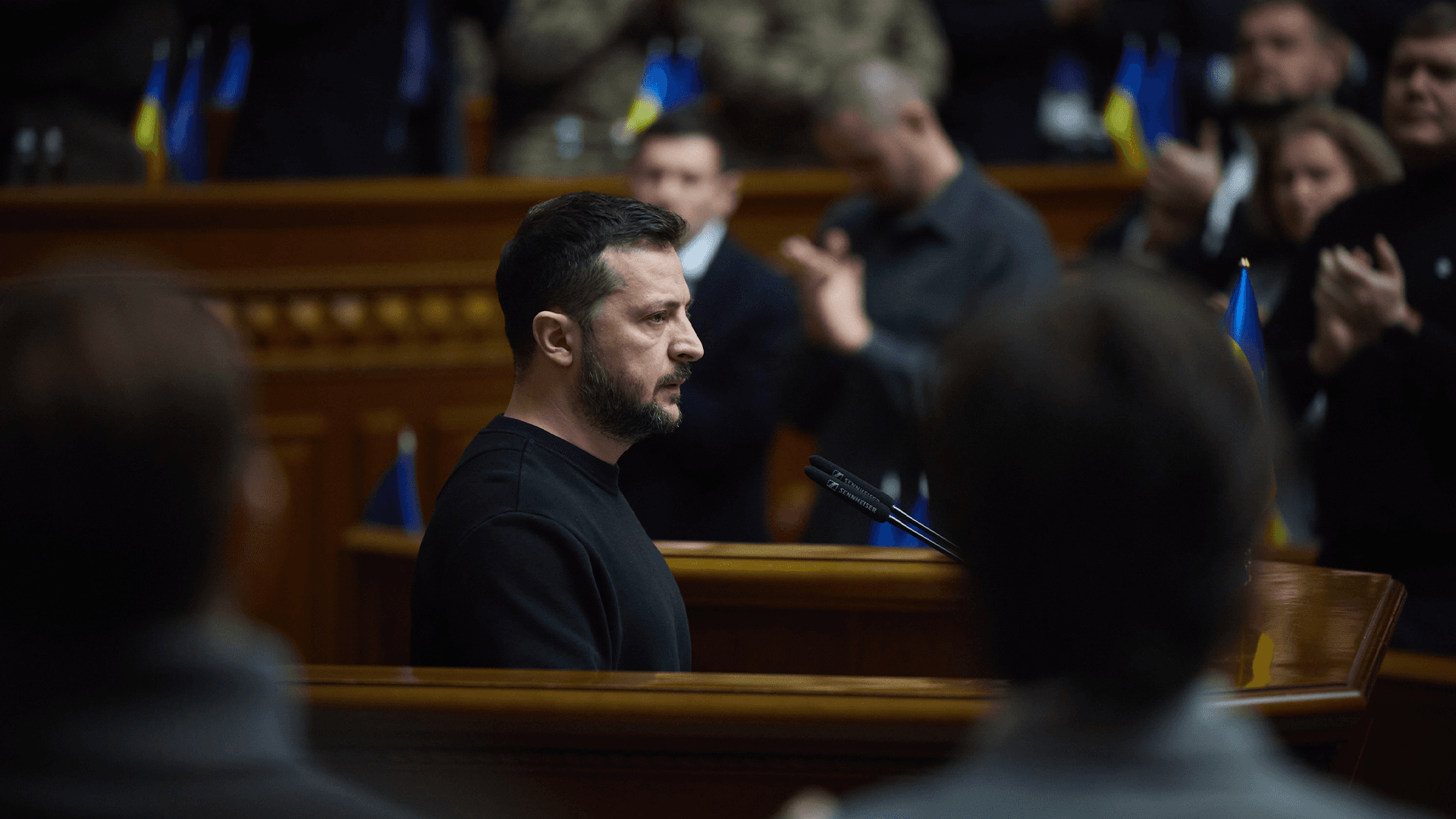
Common sense economics
A true people's economics is the one when people themselves choose goods, services, investments, and governance under conditions of open competition, free trade, personal responsibility, and social solidarity.
Common sense economics is the most reliable foundation for both a personal well-being of each person and a long-term strategy of each country, which adheres to the ten basic axioms given in the text of Common Sense Index.

- In the common sense economics, the lion's share of decisions on the allocation of resources and assets are made by private owners in a mode of voluntary, open exchange without such intermediaries as officials, without nomenclature-based firms, without bureaucratic schematism and destructive oligarchy.
- This is the real "people's" economics, when people themselves choose goods, services, investments and the regime of governance in conditions of open competition, free trade, personal responsibility and public solidarity. Those who are smart, honest, talented and responsible, and do not tolerate sloppy work instead of quality work, are more fortunate. In it, the wealthy, successful, strong and healthy help people in need at the call of the soul.
- In the common sense economics, intangible assets protect the consumer from a negligent, low-quality manufacturer more reliably, rather than state regulations in the form of licenses, permits and bans. A good name, reputation, good will, social connections, consumer databases, ideas, patents and knowledge – all this is more important than connections in the nomenclature-power internecine struggle.
- In the common sense economics, political power is not captured by powerful lobbyists and monopolists, but is based on the rule of law, the independence of the court and people's deputies' control over all power structures. The rules of an open, fair competition are applied to everyone, and the formation of monopolies is simply excluded. Rich and large structures have no opportunity to abuse consumers. Independent courts, in particular, arbitration courts, resolve disputes and disagreements between economic entities without a political pressure.

Yaroslav Romanchuk
A well-known Ukrainian and Belarusian economist, popularizer of the Austrian economic school in the post-Soviet space. He specializes in reforms in transitional economies in the post-socialist space.
Related

Economic Security
The orange level of the National Economic Security, in which Ukraine is currently located, is a natural result of many years of "activity" of the State. What prevents the rapid development of a country with such high potential?

Matrix of Reform Burial in Ukraine
State priorities of the economic policy of Ukraine-2024 as an ideal plan to destroy the hope for economic changes

Resilience Plan after 1000 Days of War
Ukraine declares a course towards creating a socialist State Planning Agency under the flags of NATO and the EU without any hint of economic growth.


